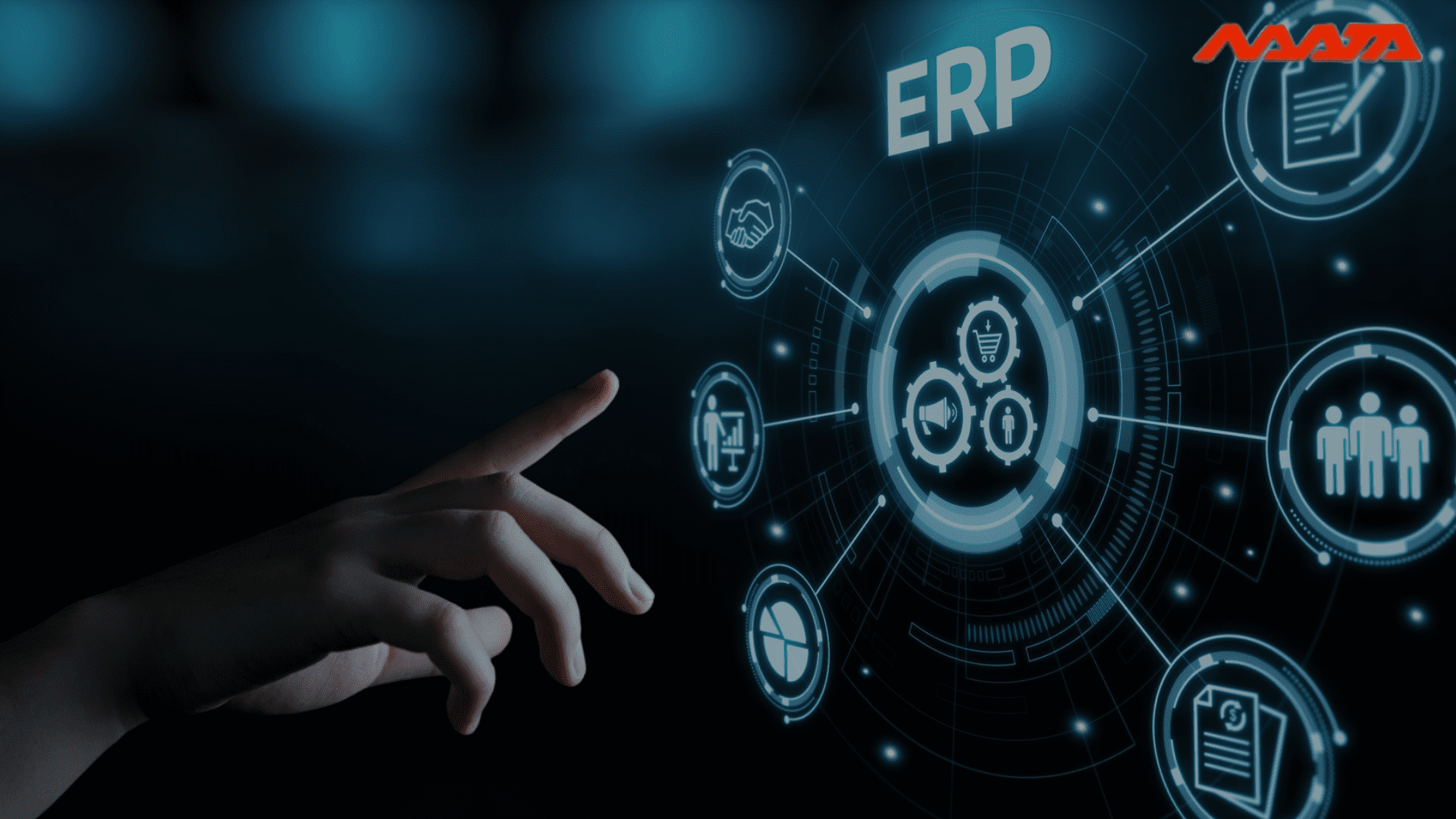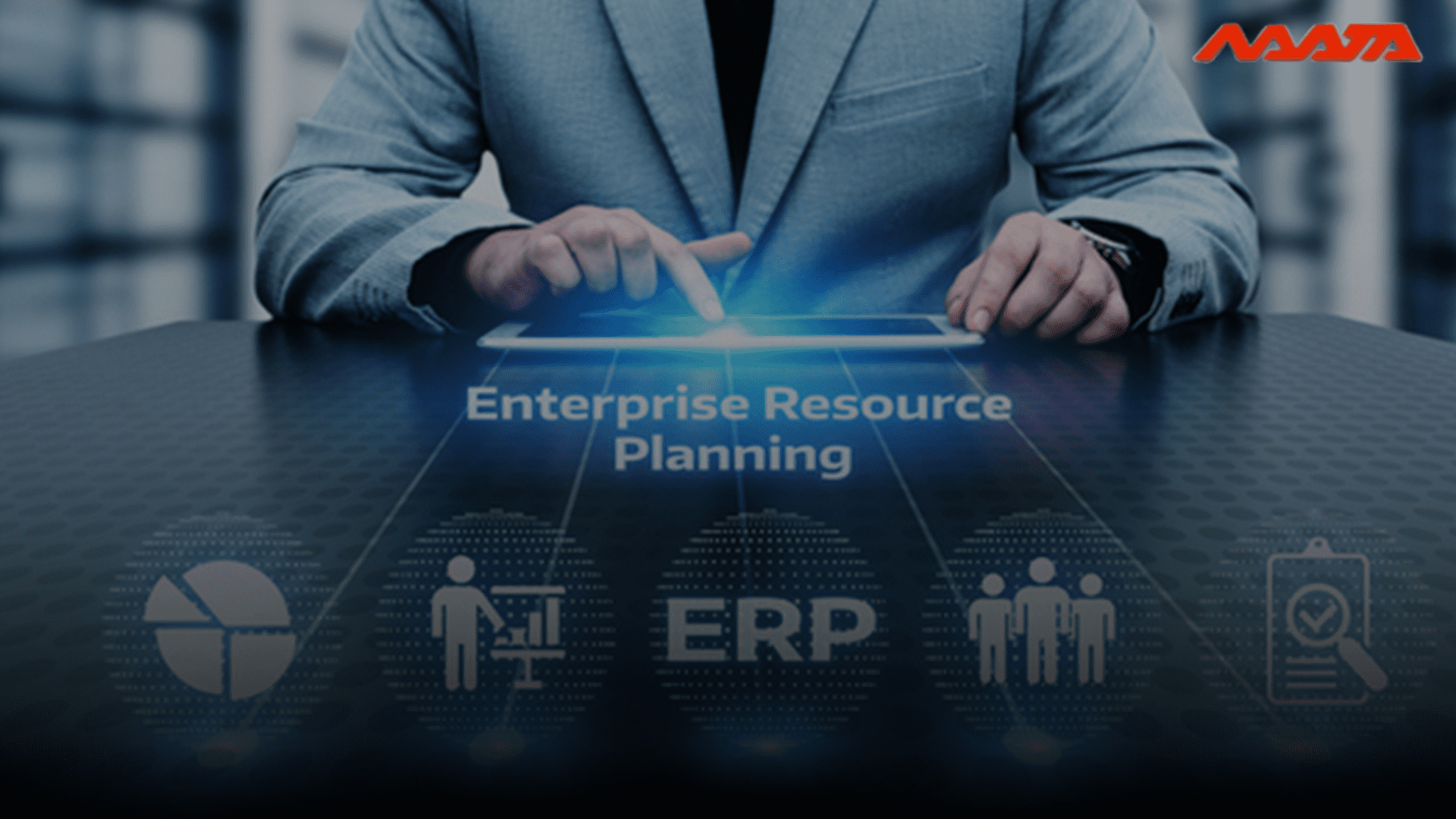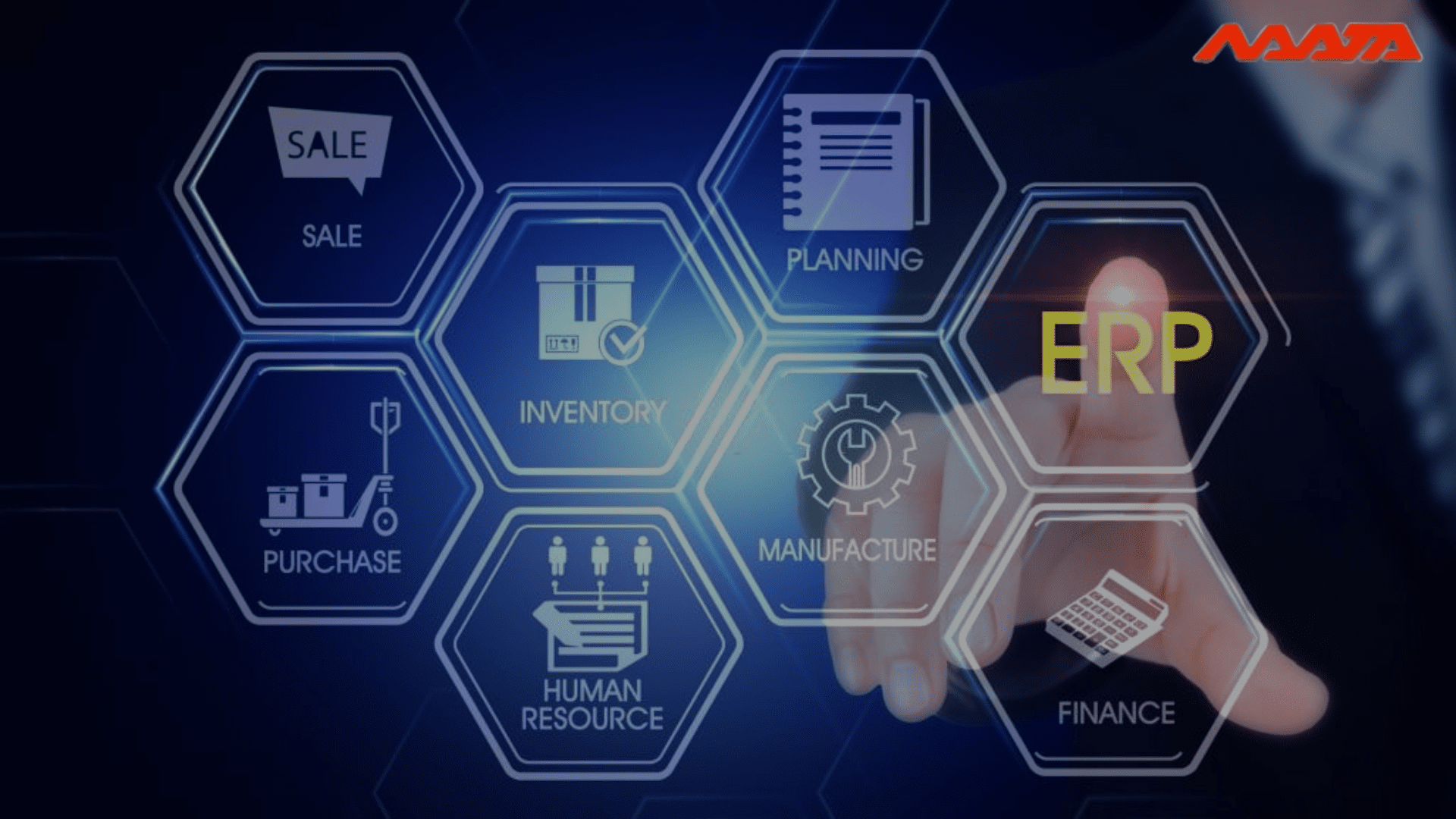Explaining ERP and 9 Benefits of ERP in Logistics and Transportation
Table of Contents
Explaining ERP
Organizations use ERP software to keep track of their day-to-day operations, including accounting, procurement, project management, risk assessment and compliance monitoring, and supply chain management. It’s important to note that an ERP system also incorporates enterprise performance management, software that aids in forecasting and reporting on an organization’s financial performance.
It is possible to use an ERP system in-house or in the cloud to manage all facets of a manufacturing or distribution company’s operations. Aside from the accounting function, ERP systems assist all other parts of business administration such as finance, human resources, supply chains, and manufacturing, as well.
You May Also Like To Read: 8 Proven Technologies in Logistic Sector for High Performance
Benefits of ERP in Logistics and Transportation
ERP may be easily incorporated into a wide range of industries, with a variety of diverse applications. There are several advantages of integrating ERP with transportation and logistics in order to improve administrative and operational efficiency. To run a business more efficiently, you need software. It is therefore possible to impact the business’s success by merging multiple activities.
Manages Logistics More Effectively
ERP software enables decision-makers to anticipate trends, sales, and even delivery timelines while making the required adjustments.
Using real-time data, management is alerted to inventory levels, order progress, and any issues or delivery failures that may occur. In a nutshell, an ERP system allows you to do the following at the logistics level:
Inventory reduction
Ensure the correctness of your inventory.
Intensify profits each month
Ensure that each order is delivered on time.
ERP software also offers you access to other, more complex tools for managing your firm efficiently:
Make sure you have enough supplies on hand at the proper moment: Using built-in intelligence, your company’s inventory flow will be optimized by avoiding unsold and out-of-stock products.
Have a look at your stock: Tracking every transaction and every item’s movement will be possible. Using this information, you can determine how much storage space you have in your warehouse. An easy-to-use application for keeping track of all the things in your inventory and their associated data.
Calculating inventory and delivery times: Calculate your inventory levels, replenishment lead times, and out-of-stock projections to have a better handle on your supply chain. Your inventory and lead times will be managed more effectively with the help of this strong mathematical tool.

Inventory Control
All the information needed to manage a logistics firm may be stored in one place using ERP software, which provides a centralized system for orders, incoming and outgoing sales, deliveries, and more. Using the ERP system’s past data, the organization may make forecasts about the future based on the collected information. Decision-makers may use historical data on sales and delivery timeframes to make adjustments as needed.
Using real-time data, you’ll be alerted as soon as an item goes out of stock, a new order comes in, an order is sent, or an issue with a delivery arises.
Also Read: 7 Best Supply Chain Technology Trends & Innovations
Transportation and Shipping
One of the most critical elements in delivering your items to paying clients is transportation. An ERP system’s transportation modules manage the actual transfer of items from the producer to the end destination, whether it is a storage facility or the customer’s hands.
It is possible to plan and optimize delivery routes more effectively when utilizing an ERP system with transportation and shipping capabilities. Consider finding a speedier way to carry goods that saves both time and money, resulting in a greater return on investment over time.
It is possible to use these ERP systems to manage your fleet of cars, from purchase through disposal, as well. Scheduling vehicle downtime in advance of a breakdown may be accomplished via preventative maintenance, or you can simply make sure that your whole fleet is working at top efficiency to save money on expensive wear and tear.

Easy maintenance and transportation schedule
Vehicles and the people in charge of them are the most valuable assets in the logistics and transportation sector. Maintaining and organizing transit timetables gets more challenging as the logistical network becomes more complicated. The logistics and transportation industry might suffer greatly if it is forced to cope with such scheduling intricacies over time.
Enterprise resource planning (ERP) software simplifies corporate operations while providing comprehensive access and control to the whole supply chain network. As a result, the company’s operations will run more smoothly.
Improved Distribution Management
The use of an ERP system in logistics improves the efficiency of the distribution process. Customers’ reviews, social media feeds, and in-house data may be used to improve delivery operations. It is possible for suppliers and distributors to communicate with one another on a wide range of topics, such as crucial delivery and transit information, inventory, payment and order information, collection methods, escalations, and customer experience. It is simpler to make a choice, evaluate ordering patterns, explain the causes for any delay, and successfully manage customer escalations if all the relevant information is in front of company executives.

Improve transparency
With the ERP software’s real-time tracking tools, it’s possible to see the whole supply chain process at once. It’s possible to monitor a large amount of data in real-time by allowing cloud deployment. Using a GPS tracking device, you may receive the precise position of the car and monitor the journey to improve company operations. For managing fluctuations in supply and demand, the system also enables inventory transparency.
Reduced Expenses
ERP systems give companies with exact data in real-time, allowing them to make better, more accurate choices to reduce their monthly expense.
Making decisions and taking remedial steps may now be done more quickly because of the availability of critical information or feedback. So that the issue doesn’t turn into a major expenditure for the organization, this may be done as soon as it’s necessary. In the long run, this leads to increased output each month.
Financial Reporting
One of the most significant benefits of ERP implementation in logistics is that it streamlines operations. Accounts receivables and accounts payables may be balanced with the use of accounting tools.
Automatically sorted and segmented reports may also be generated based on a variety of characteristics and KPIs that you choose. Decision-makers in the supply chain might use this additional information to reorganize logistical procedures in order to increase efficiency. You’ll be able to quickly discover what is causing your company to lose money, which will help you prepare to compensate for it.

Staff management
Workforce management may benefit from an integrated ERP platform. Freight operators’ break periods, vacation days, overtime pay, and other benefits may all be tracked.
Because of this, you will be able to make better workforce choices if you monitor all of the operations that go under human resources. Using this information, logistics businesses are able to make better choices and manage their workforce more effectively.
Thanks For Reading: Explaining ERP and Benefits of ERP in Logistics and Transportation
Powered By 360Presence




